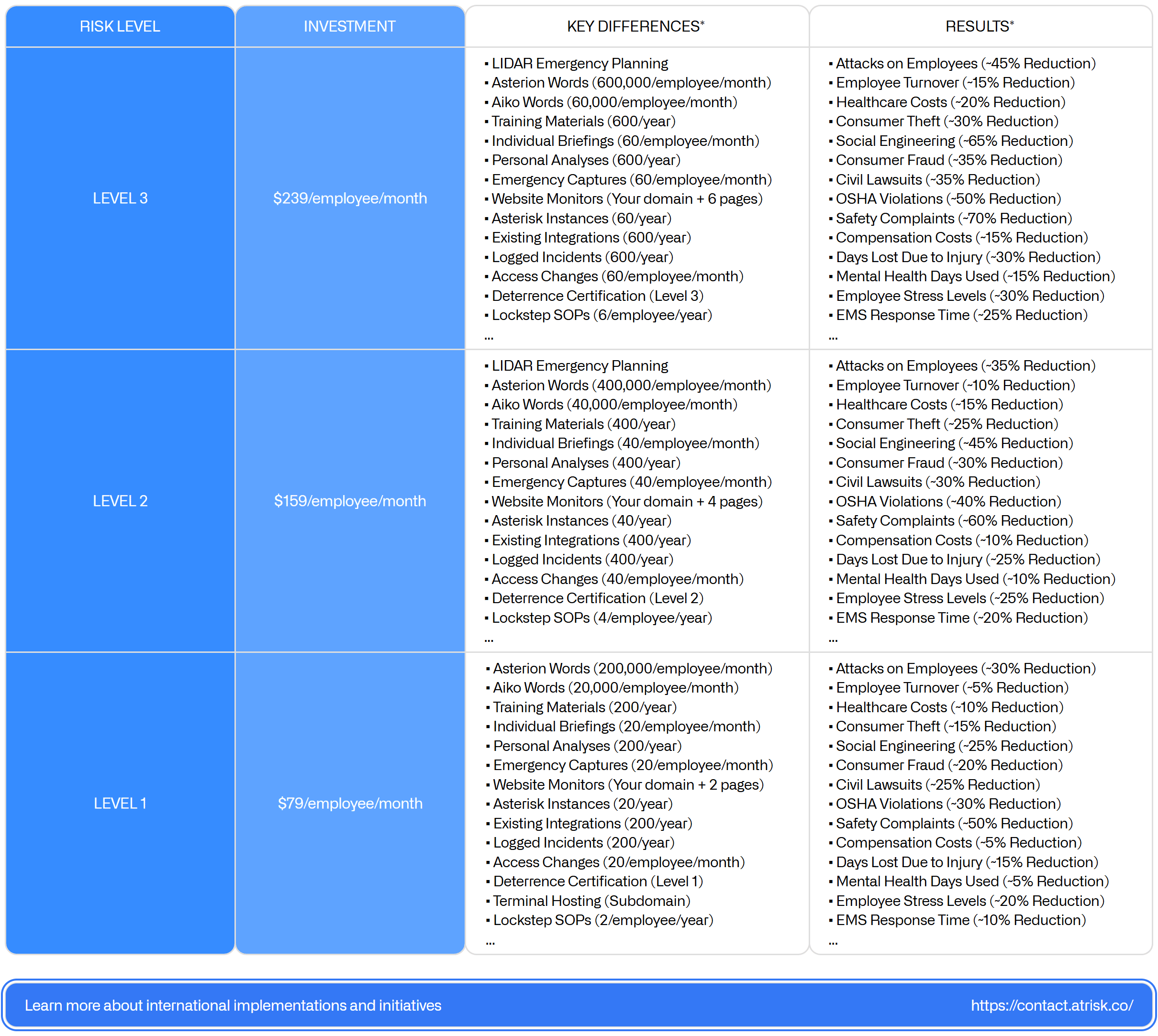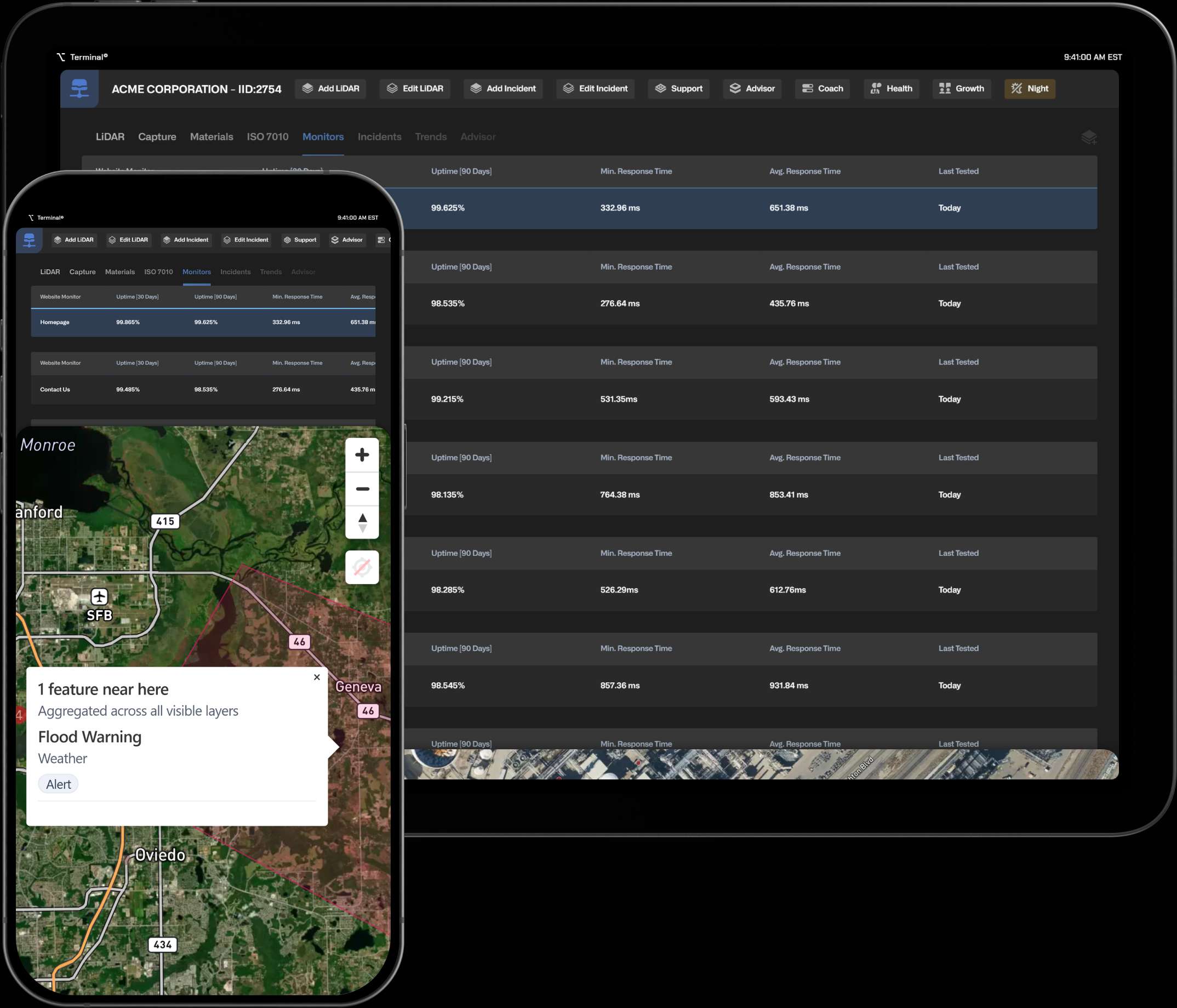Atrisk Corporation (ATSK), the respective legal and trading names of Atrisk, headquartered at
300 Delaware Ave, may be identified by its International Standard Name Identifier (ISNI) of
0000 0005 1367 5143, its Legal Entity Identifier (LEI) of
2549002K5Q8WUKP21B56, its Managing LOU of
5493001KJTIIGC8Y1R12 (Bloomberg Finance), its S&P Global Company ID of
8058644, its Copyright Clearance Center IDO200 Ringgold ID of
671947, its OpenCorporates ID of
us_de/7481692, its Global Legal Entity Identifier Foundation (GLEIF) XML Verification of
2549002K5Q8WUKP21B56, its Standard Industrial Classification (SIC) Code of
7382, its North American Industry Classification System (NAICS) Code of
56162, its Business Registry of
RA000602 (DE-US), its Business Registry Identifier of
7481692, its Legal Form of
Corporation (XTIQ), its Legal Industry of
Security Systems Services, its Entity Status of
Active, its Compliance Status of
Good Standing, among other entity and attribute identifiers, either publicly listed on the
2024-2025 Compliance & Investor Factsheet or available via
legal@atrisk.us+1 855-ATRISK-1© 2025 Atrisk Corporation. All rights reserved.
We're Hiring:
https://career.atrisk.us

























.png)
.png)

.png)








